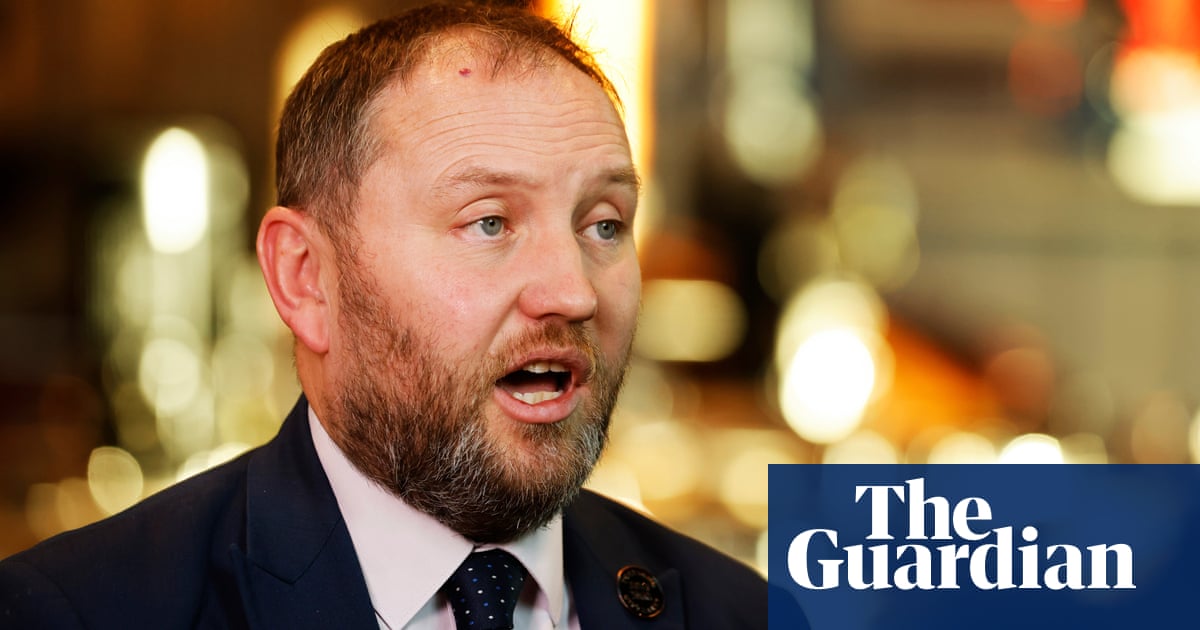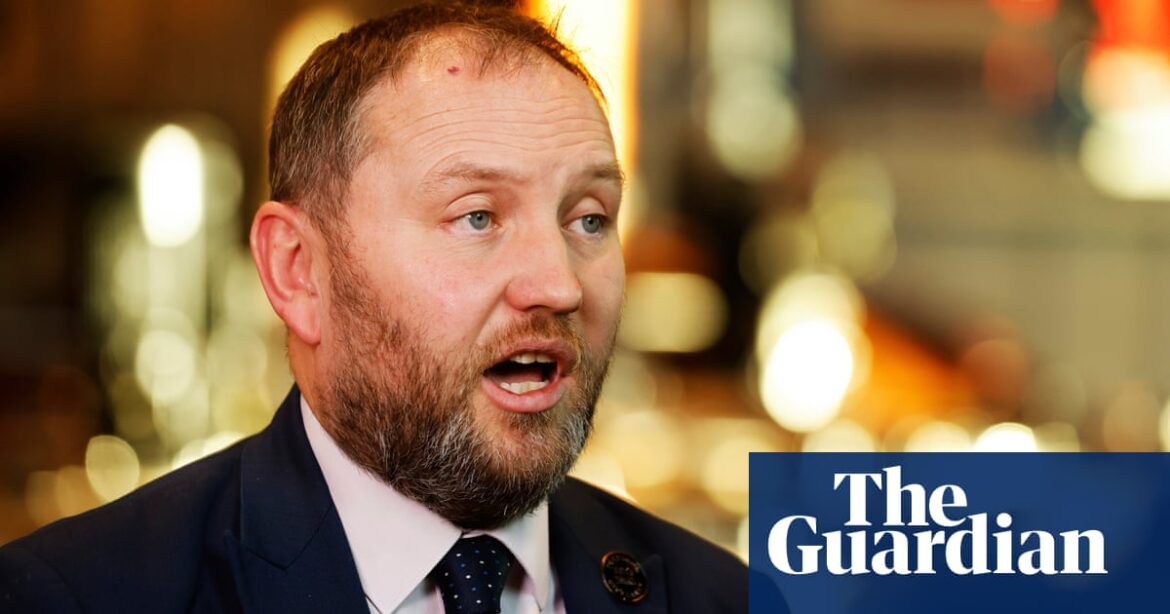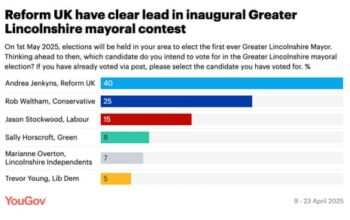
Ian Murray, the Scottish secretary, is to become the first cabinet minister to take full paternity leave as Labour prepares to roll out new workplace rights for parents.
Murray and his wife, Mariam, are expecting their second child in the next few weeks, and he will take two weeks off work next month, using existing legal rights to paternity leave.
The couple already have a daughter, Zola, aged four, and Murray said he wanted to highlight the value and importance of paternity leave to other men and to employers.
“The biggest impediment to paternity leave is culture,” he said.
“Taking that time off is hugely critical for a number of reasons: to be with them, to also bond with the child, and to take the pressure off mum. From a wider policy perspective, I think it’s really important for dads to know they can a) take it and b) the culture can change,” he said.
“And c), the government is behind dads and mums taking their appropriate leave to spend time with their family.”
The Scottish Labour party said his decision highlighted the UK government’s “new deal for workers” agenda, which aims to introduce new rights for parental leave from day one of a person’s employment, flexible working for both partners and bereavement leave.
Parental rights campaigners welcomed Murray’s decision but said it raised wider questions about Labour’s apparent unwillingness to improve the UK’s very modest rights to paid paternity leave.
The charity Pregnant Then Screwed said the UK had some of the worst laws on paternity leave in Europe, with a statutory right to only one or two weeks off at either £184.03 a week or at 90% of pay, whichever is the lowest, and only after 26 weeks’ employment.
The paternity rights group the Dad Shift said that rate was half the minimum wage, making it the lowest in Europe. Employers can offer better terms but that is voluntary.
In Spain, fathers are entitled to 16 weeks’ leave on full pay; in Estonia it is 30 days, in France it is four weeks, in Norway it is 15 weeks. In Sweden, parents share 480 days off on partial pay and in Iceland they can share 12 months’ leave.
Carole Erskine, the head of policy at Pregnant Then Screwed in Scotland, said: “On the face of it, the fact he’s taken the full two weeks is good but the fact it is now 2025 and he’s the first cabinet secretary to do so is pretty depressing.
“We have significantly worse parental leave than other European countries.”
after newsletter promotion
The charity is campaigning for the UK to introduce the right to six weeks off for both parents at 90% of full salary, and is supporting a fresh attempt to improve parental rights by the Labour MP Stella Creasy.
Creasy, the MP for Walthamstow, has tabled an amendment to the employment bill at Westminster that will require ministers to consult on extending protected paternity leave to same-sex or non-binary couples.
Erskine said the amendment would help put pressure on Labour to go further, by increasing paternity leave rights. “There’s no sense that that’s something they’re even considering,” she said.
“So we are loudly applauding Ian for setting an example that we hope other members of government will follow, and we hope to see Labour address the challenges faced by all of the dads and partners who are unable to spend crucial time with their new families.”
Murray’s paternity leave was signed off by Keir Starmer, the prime minister, because it involves him taking leave from the cabinet and his privy council duties. His deputy, Kirsty McNeill, a junior Scotland Office minister, will take on his non-cabinet duties while he is on leave.
He said the UK government’s legislation to embed the new deal for working people proposals was “the biggest change in workers’ rights in generations and that is our commitment to not just working people in this country but also to the progression of rights that have been gradually eroded over time”.
Source: theguardian.com



